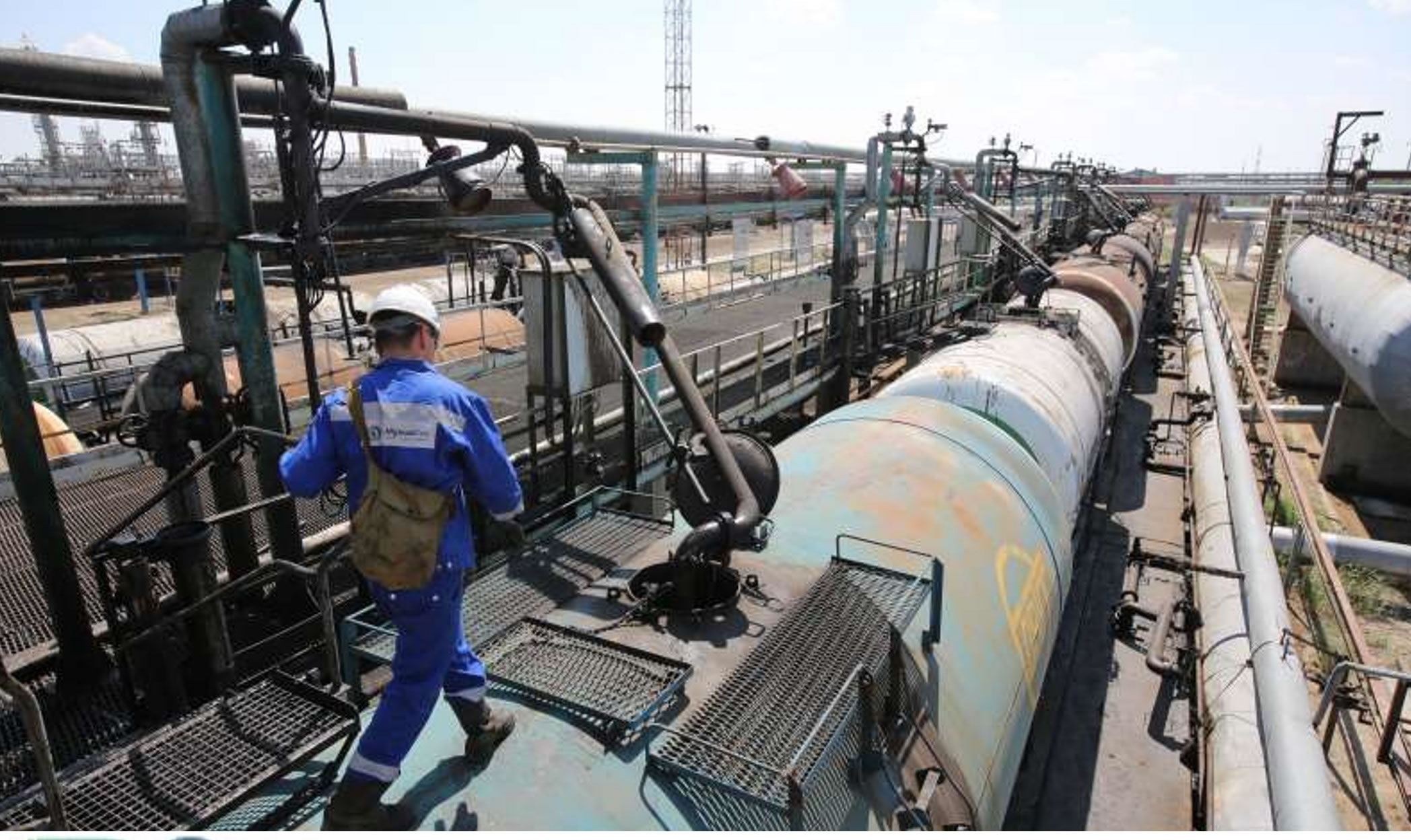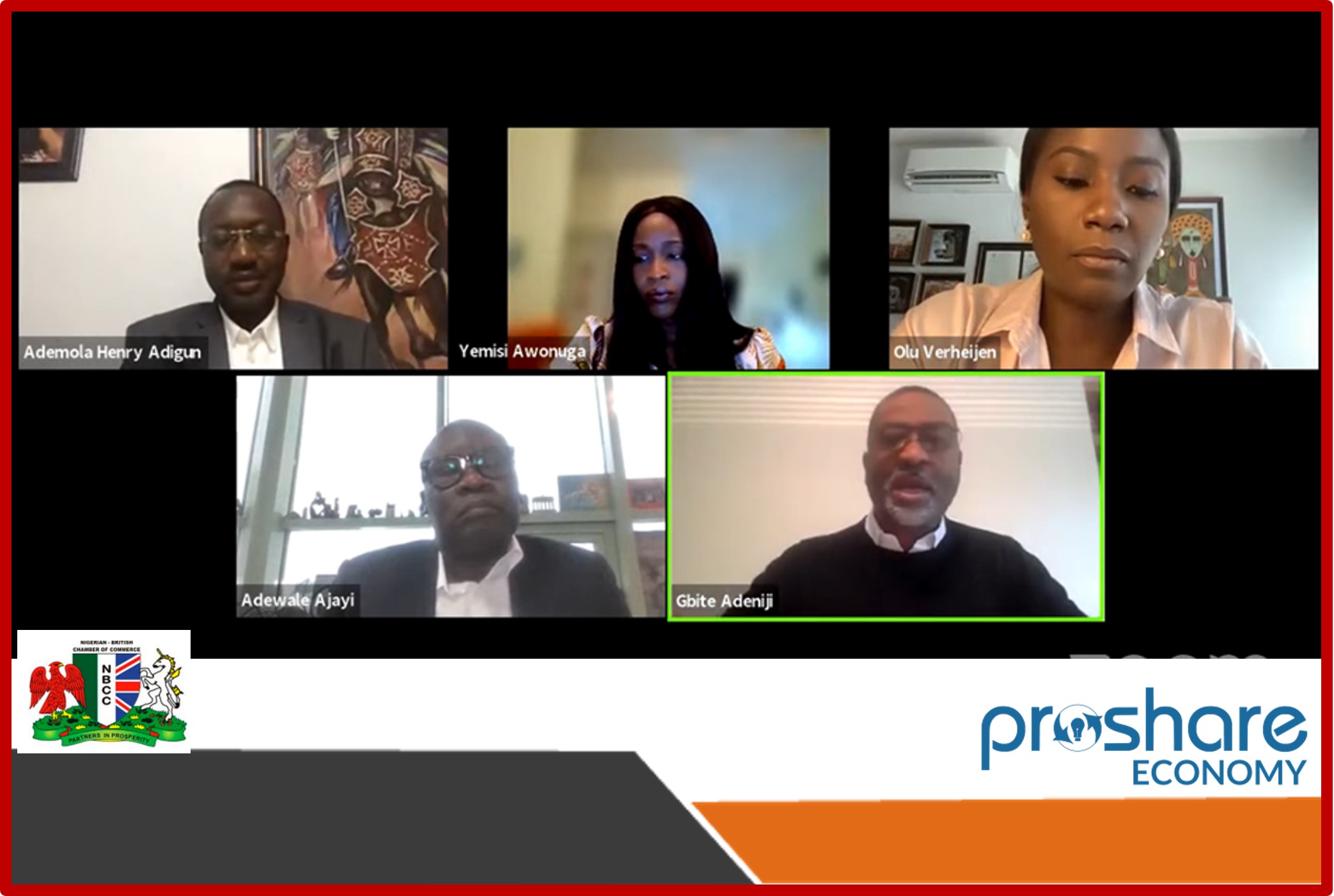Key developments currently shaping Nigeria’s oil and gas sector include the recently enacted Petroleum Industry Act (PIA), and a world transitioning to cleaner, renewable energy sources. The PIA has several built-in tax incentives designed to boost government revenue and engender certainty regarding the regulatory regime. The Act also aims to spur increased investment in the Nigeria’s oil and gas sector. Oil and gas sector in Nigeria accounts for over 80% of foreign exchange and more than 70% of government revenue. Even with its declining contribution to the nation’s GDP, the sector holds lots of promise for attracting the much-needed foreign direct investment (FDI) to support Nigeria’s steady economic growth. Highlights below show Nigeria’s share of global FDI inflow, projected to slid further in 2023 based on the EIU forecast.
Current Applicable Tax Incentives
The extant tax incentives under the new PIA include the following:
- Gas utilization incentive for an initial tax[1]free period of 3 years’ subject to renewal for another 2 years where performance of the business is satisfactory
- Tax vacation of up to 10 years for certain categories of investment The incentives aimed to attract more capital to the oil and gas sector. A review of the sector shows that capital importation into the Nigeria’s oil and gas sector as shown in the graphs below persistently decline, with FDI accounting for a low of 9.65% while 49.3% is made up of the FPI.
Tax Incentive Alone Not Enough
The emerging dynamics of the structure of the Nigerian economy indicate that technology start-ups hold a lot of promise for the continuous inflow of capital into the country. Over $1.2bn was raised by the sector, representing 40% of Fintechs capital importation into Africa in 2021. The contribution of the technology sector has been rising steadily over the years accounting for 18.44 % of GDP in Q2, 2022. In a similar vein, diaspora remittances have been growing in importance rising to $19.2bn in 2021 and contributing 6.1% to Nigeria’s GDP in Q2, 2022.
Notwithstanding, it is important to mention that the global energy industry is currently in transition towards cleaner renewable energy sources. The Nigerian oil and gas sector cannot be an exception. A shift in emphasis towards more deliberate exploration and use of associated gas, being a cleaner energy resource must be pursued. Given Nigeria’s proven gas reserves of over 200 trillion cubic feet (tcf) by some estimates, the country is well positioned to tap the immense opportunities that the growing gas market presents.
The need to improve on the ease of doing business in Nigeria generally, and especially on the security arrangements in the oil-bearing Niger Delta region in particular cannot be over[1]emphasized. The industry has suffered significant losses due to incessant sabotage activities of militants and illegal oil refiners as part of the bunkering business across the Niger Delta region.
Case Study: Tax Incentives and FDI flows - Lessons from the Vietnamese Experience
Across several developing countries, a positive correlation can be established between tax incentive schemes and foreign direct investments (FDI). However, there is need to weigh the potential benefits against the costs. Tax incentives taken in isolation without regard to the prevailing market conditions in other oil and gas producing countries could deliver sub-optimal results as the Vietnam experience shows. Given the trade-off relationship between the goal of achieving budgeted revenues and that of maintaining an attractive investment climate in a world of increasingly fungible capital, it is imperative for Nigeria- Africa’s largest economy, to undertake a cost- benefit analysis of tax incentives in order to reasonably gauge their potential impact on foreign direct investment and the economy as a whole.
The New Petroleum Industry Act (PIA) 2021 and the Future of Oil and Gas Industry in Nigeria
By far the most ambitious oil and gas sector legislation to date, the PIA 2021 holds much promise for the future of the industry in Nigeria. Even though it is not a silver bullet with all the answers to the nagging issues facing the oil and gas sector in Nigeria, the Act by its very robust nature seeks to address many of the legacy issues that have left Nigeria’s oil industry underperforming its potential.
The Act also aims to tackle emerging issues and the changing dynamics of the oil and gas industry across the globe. This represents a bold statement to position the oil and gas industry in Nigeria for global competitiveness, separating the regulator from being an industry player while at the same time engendering more transparency and certainty amongst industry stakeholders. The Act seeks to establish a progressive fiscal framework for attracting investments into the sector and makes clear the allowable deductions and capital allowance as part of the process to balance risks with reward while enhancing revenues for the government.
Oil producing host communities are also taken into account. The PIA establishes a trust to be financed by an annual contribution of 3% of actual annual operating expenditure of the preceding year of upstream companies. With proper implementation, the PIA 2021 can easily become the gold standard for natural resource management in Africa.
A Silver Lining on the Horizon?
For too long, successive administrations in the country have paid lip service to the imperative of diversifying the economy away from oil and gas dependency. This has left the economy vulnerable to the frequent external shocks arising from the vicissitudes of the global oil market. With the changing fortunes of oil and gas and a global market keen to wean itself from fossil fuels and transition to cleaner energy with a lower carbon footprint, perhaps now is the auspicious moment for Nigeria to muster the political will required to implement policies and programmes that will shift the focus away from oil and gas, and reap the benefits that will naturally accrue.
 Lagos, NG • GMT +1
Lagos, NG • GMT +1











 228 views
228 views











 Sponsored Ad
Sponsored Ad
 Advertise with Us
Advertise with Us









